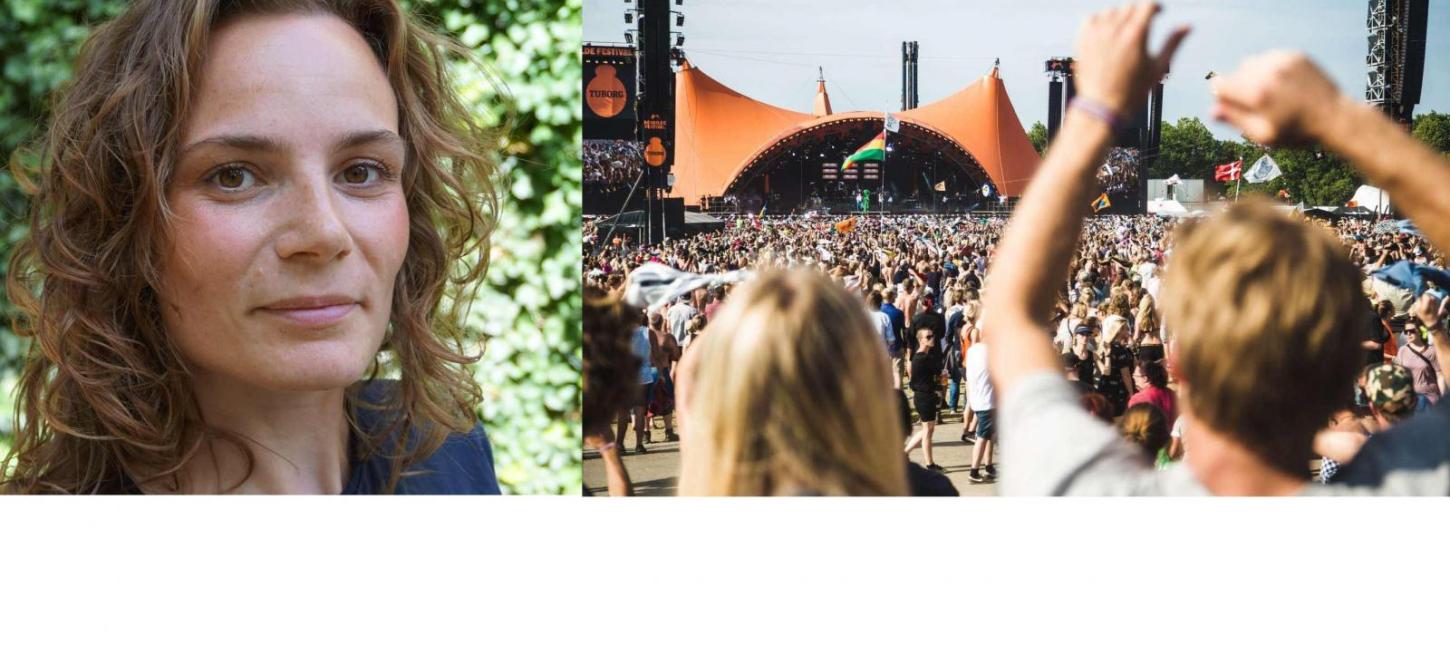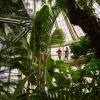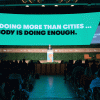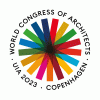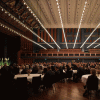Case: Roskilde Festival
At Roskilde Festival we talk a lot about sustainable development. Being sustainable is not an end in itself but a continuous and constant effort to make a difference and to bring about real change in the world.
SANNE STEPHANSEN
Head of sustainability
Roskilde Festival
E-mail: info@roskilde-festival.dk
“As one of Denmark's largest cultural events with more than 130,000 participants, Roskilde Festival has a special responsibility to challenge, inspire and move in a more green and sustainable direction - also outside the festival.” - Sanne Stephansen, Roskilde Festival
1. WHAT DO YOU EXPECT WILL BE THE POSITIVE IMPACT FROM ROSKILDE FESTIVAL?
That we create a sustainable community. As one of Denmark's largest cultural events with more than 130,000 participants, Roskilde Festival has a special responsibility to challenge, inspire and move our surroundings in a more green and sustainable direction - also outside the festival. We do this by donating all of our profits to charity, but also by choosing sustainable products, engaging in partnerships, and by using our festival as a testing laboratory to explore new green solutions.
2. WHAT WILL BE YOU'RE NEGATIVE FOOTPRINT?
In many ways, we face the same challenges as the society around us. The most negative impact comes from waste, for instance in the form of left behind tents and air mattresses, but we also work to reduce energy and disposable consumption. In 2019, among other things, we replaced over 1.5 million disposable cups with reusable cups and removed plastic straws from all bars and vendors. We’re also focusing on phasing out diesel generators and, to a greater extent, running the festival on renewable energy.
3. WHAT IS YOUR ADVICE TO OTHER ORGANISERS REGARDING VENUE SPACES?
Reduce, reuse, recycle! We build the festival from scratch every year. And 130,000 people meeting up for eight days generates waste. We work from circular principles when we develop and create the festival. Circular economy is about reducing waste through design, reusing products and ensuring more and better recycling of waste. We reuse many of the temporary installations and continuously develop our waste management.
4. WHAT ARE YOU PARTICULARLY PROUD OF WHEN IT COMES TO SUSTAINABILITY?
That we create sustainable solutions at the festival and that these solutions have the potential to contribute to positive development in the rest of society. When we use the festival as a test platform for e.g. circular solutions, we give partners the opportunity to further develop their solutions and products. We have tested water purification systems, renewable energy solutions and new waste solutions.
5. WHAT WOULD YOU HAVE LIKED TO DO BETTER REGARDING SUSTAINABILITY?
We must involve even more participants, volunteers and partners in making sustainability a common concern and responsibility. That’s why we develop concrete action plans with specific goals and initiatives, where we actively involve partners in new solutions. When we say we want to create and develop a circular festival, it also means that we want to help develop new products. For example a tent with an EU-ecolabel.
6. WHAT IS YOUR ADVICE TO OTHER ORGANISERS REGARDING SUSTAINABLE ACCOMMODATION?
Involve guests through communities. We have over the years expanded the number of campsites with strong communities and committed sustainability cultures. At the recent festival, over 28,000 participants stayed in areas with names like 'Clean Out Loud', 'Silent & Clean' and 'Leave No Trace'. The participants themselves build the positive waste culture by, among other things, cleaning up, sorting waste and of course taking their stuff home after the festival. Our ambition is for all our camping areas to be part of the sustainable community.
7. WHAT IS YOUR ADVICE TO OTHER ORGANISERS REGARDING SUSTAINABLE TRAVEL & TRANSPORT?
Partnerships play an important role in sustainable development. This also applies to transport. That's why we have in collaboration with Danish State Railways (DSB) established our own train station, which many of our participants use on their journey to and from the festival.
8. WHAT IS YOUR ADVICE TO OTHER ORGANISERS REGARDING SUSTAINABLE FOOD?
Focus on biodiversity through ecology and reduce the climate impact of food. We increased the organic share of food from 30% to 90% over four festivals, and in 2019 alone 130 stalls sold more than 1.6 million, of which every fifth was 100% organic. It has taken years of planning to get here, and we have been in close dialogue with stalls, associations and suppliers from the very beginning. At the same time we are increasing the number of plant-based dishes.
9. WHAT IS YOUR ADVICE TO OTHER ORGANISERS REGARDING A SUSTAINABLE USE OF MATERIALS AND COMMUNICATION?
Choose materials and products with care and use e.g. EU-ecolabel. Temporary events have a responsibility to extend the life of materials and thus avoid wasting resources. After the 2019 festival 18 tons of wood were sold again as reused and recycled wood through the GENTRÆ initiative, which Stark, among others, is behind. We also have our own volunteer-driven reuse-initiative, which is called ReUse. Here volunteers have made sure that building materials, furniture, flowers and decorations were reused by other organisations and associations.
10. WHAT IS YOUR ADVICE TO OTHER ORGANISERS REGARDING SOCIAL RESPONSIBILITY?
Don’t be afraid to initiate difficult conversations - also in public. Changes must happen with the outside world, and our experience is that participants very much want to contribute to positive change and improvement. Involve NGOs, companies and public institutions that have knowledge and expertise in a certain field. Our initiative ‘Orange Together' – about abusive and transgressive behaviour is about preserving and developing the positive space, and here we, together with participants and professional partners, pushed for social change and experienced a huge and positive commitment.
